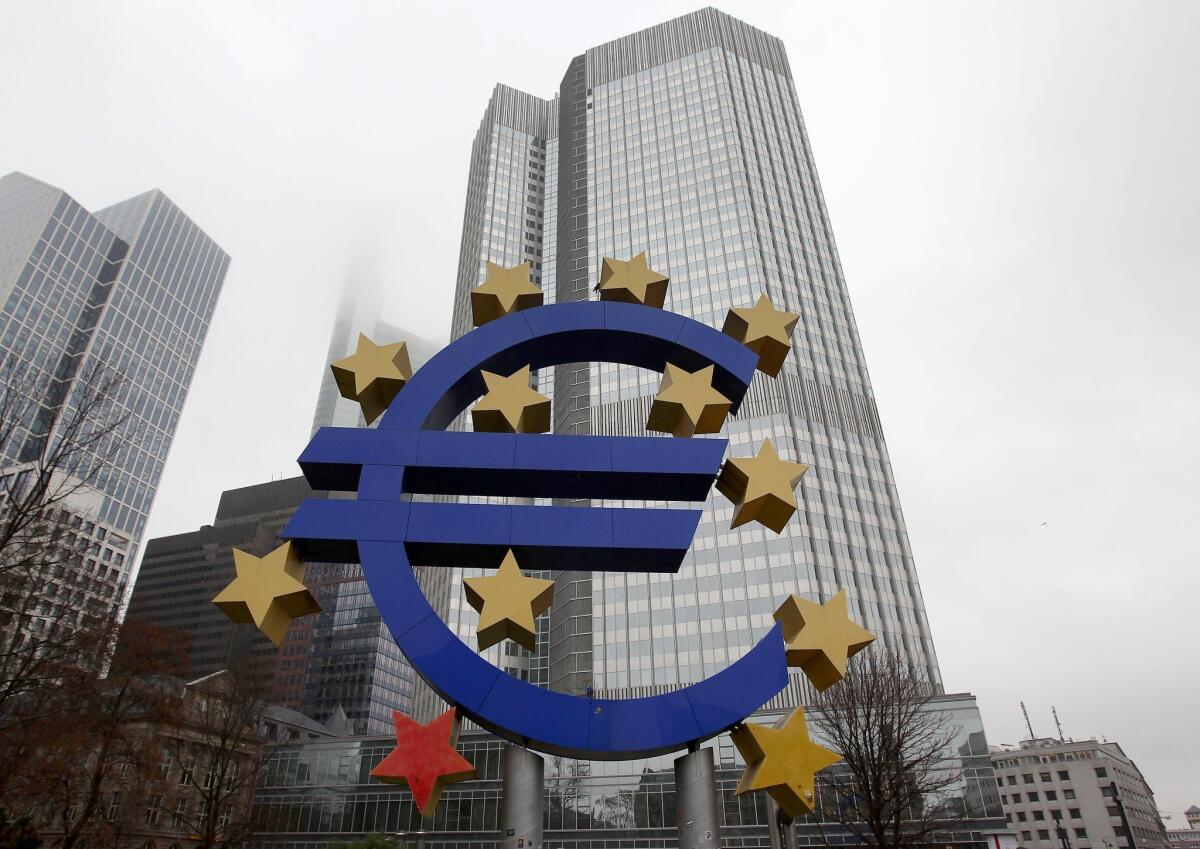Editorial: Greece’s revolt against austerity

Greek voters collectively shouted “We’re mad as hell!” last weekend, sweeping into power a radical left-wing party that campaigned against austerity. The election didn’t improve the country’s fiscal health; the government is so deep in debt, it could very well default if international lenders refuse to renew their long-running bailout. But the results reminded the rest of the world that democracies have trouble sustaining painful reforms when they’re imposed from outside, regardless of how necessary they may be. And Greece may just be the first of Europe’s debtor nations to revolt. If the European Union wants to keep the Eurozone intact, and it should, it needs to leaven its demands for austerity with more efforts to help struggling economies grow.
Greece was particularly ill-prepared for the subprime mortgage meltdown that pushed much of the developed world into recession. Hobbled by excessive public payrolls, widespread tax evasion and corruption, the government couldn’t stop its debt from spiraling out of control. With bondholders reluctantly agreeing to forgive some of Greece’s debt, the European Commission, the European Central Bank and the International Monetary Fund approved an increasingly large bailout for the country in exchange for sharp cuts in public spending, layoffs from government agencies and higher taxes. Voters threw out two governing coalitions in protest, but with establishment parties still in control, lawmakers stayed the austere course from 2009 through 2014 in the face of growing joblessness and a contracting economy.
Last weekend, voters demanded yet another change, awarding nearly half the seats in the Greek parliament to the left-wing Syriza party. Its leader, Alexis Tsipras, quickly formed a new government with a small group of lawmakers from a right-wing party that also campaigned against the strictures of the latest bailout. On the plus side, the new government inherits a vastly improved budget with no deficit. On the minus side, the country is still drowning in debt — it owes almost twice as much as the country produces annually — and unable to borrow more from private lenders at an affordable interest rate. Meanwhile, more than 1 in 4 working-age Greeks are unemployed. That’s why the country badly needs European authorities and the IMF to extend the bailout, which is due to expire at the end of next month, even as it chafes at the terms.
European leaders said Monday that they expect Greece to live up to the bargain if it wants the bailout to continue. They don’t have much room to maneuver, considering that any concession made to Greece would probably be demanded by every other bailed-out country in the Eurozone. But if the new Greek government decides it would be better to drop the Euro than to continue the cutbacks, it could blaze a trail for other struggling countries to follow, potentially fracturing the European Union. As important as the structural reforms may be to Greece’s future, so is a growing economy that puts more Greeks back to work. As voters demonstrated, if they don’t feel the love in a tough-love regimen, they won’t stick to it.
Follow the Opinion section on Twitter @latimesopinion
More to Read
Sign up for Essential California
The most important California stories and recommendations in your inbox every morning.
You may occasionally receive promotional content from the Los Angeles Times.









